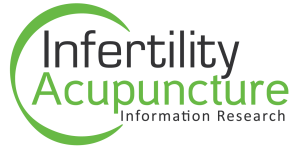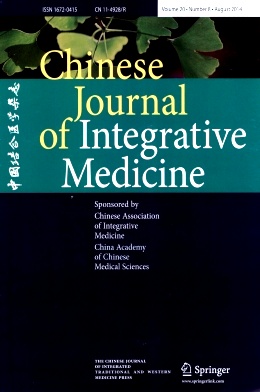A comprehensive article explaining how acupuncture may help prevent miscarriages.
BMC Complement Altern Med. 2012 Mar 22;12(1):20. [Epub ahead of print]
Acupuncture as a therapeutic treatment option for threatened miscarriage.
Betts D, Smith CA, Hannah DG.
Abstract
ABSTRACT:
BACKGROUND:
Threatened miscarriage involves vaginal bleeding in a pregnancy that remains viable. This is a common early pregnancy complication with increased risk factors for early pregnancy loss, preterm premature rupture of membranes (PPROM), preterm delivery, low birth weight babies and maternal antepartum haemorrhage. Currently there are no recommended medical treatment options, rather women receive advice that centres on a ‘wait and see’ approach. For women with a history of unexplained recurrent miscarriage providing supportive care in a subsequent pregnancy improves live birthing outcomes, but the provision of supportive care to women experiencing threatened miscarriage has to date not been examined.
DISCUSSION:
While it is known that 50-70 % of miscarriages occur due to chromosomal abnormalities, the potential for therapeutic intervention amongst the remaining percentage of women remains unknown. Complementary and alternative medicine (CAM) therapies have the potential to provide supportive care for women presenting with threatened miscarriage. Within fertility research, acupuncture demonstrates beneficial hormonal responses with decreased miscarriage rates, raising the possibility acupuncture may promote specific beneficial effects in early pregnancy. With the lack of current medical options for women presenting with threatened miscarriage it is timely to examine the possible treatment benefits of providing CAM therapies such as acupuncture.
SUMMARY:
Despite vaginal bleeding being a common complication of early pregnancy there is often reluctance from practitioners to discuss with women and medical personal how and why CAM may be beneficial. In this debate article, the physiological processes of early pregnancy together with the concept of providing supportive care and acupuncture are examined. The aim is to raise awareness and promote discussion as to the beneficial role CAM may have for women presenting with threatened miscarriage

